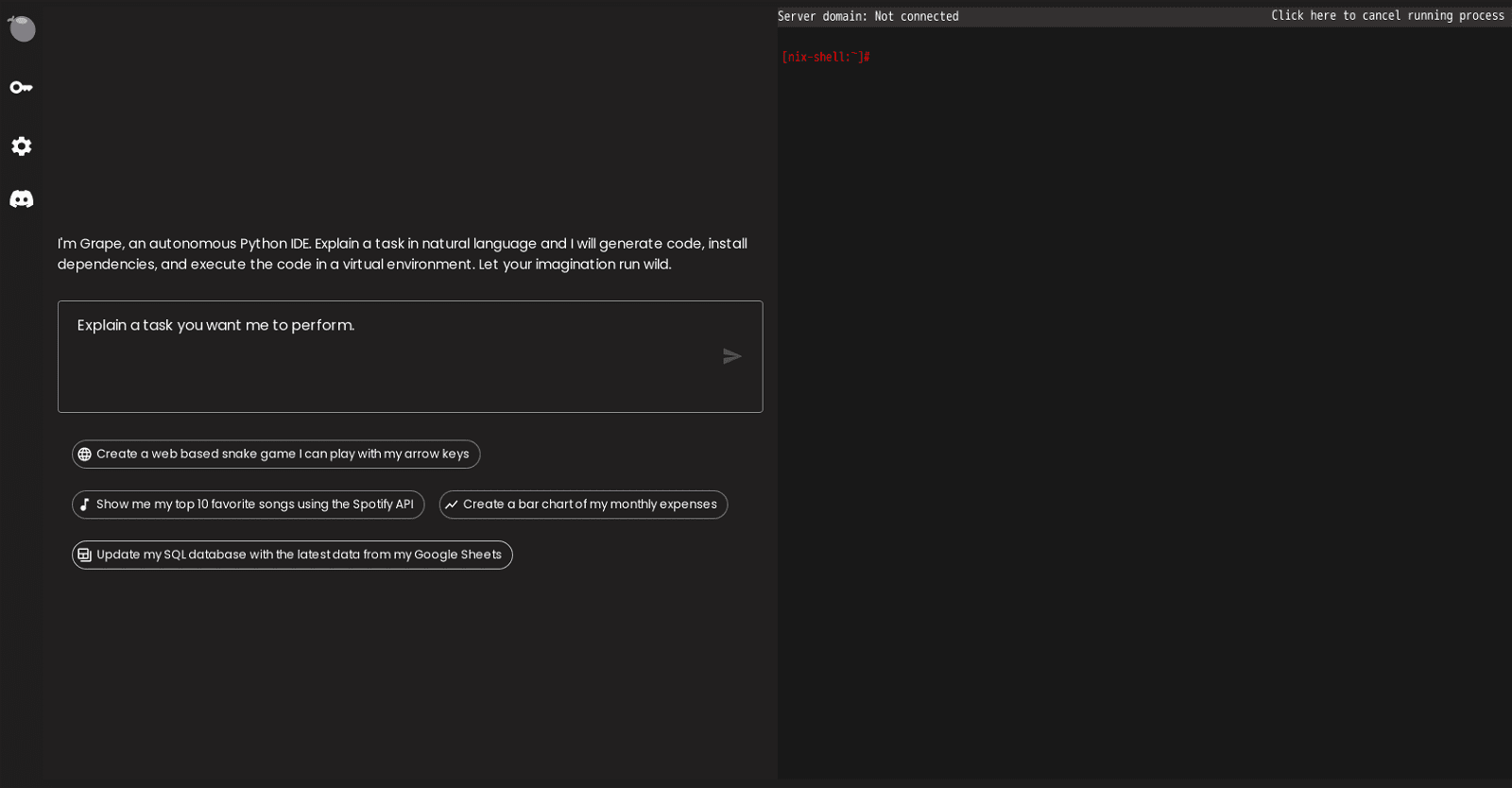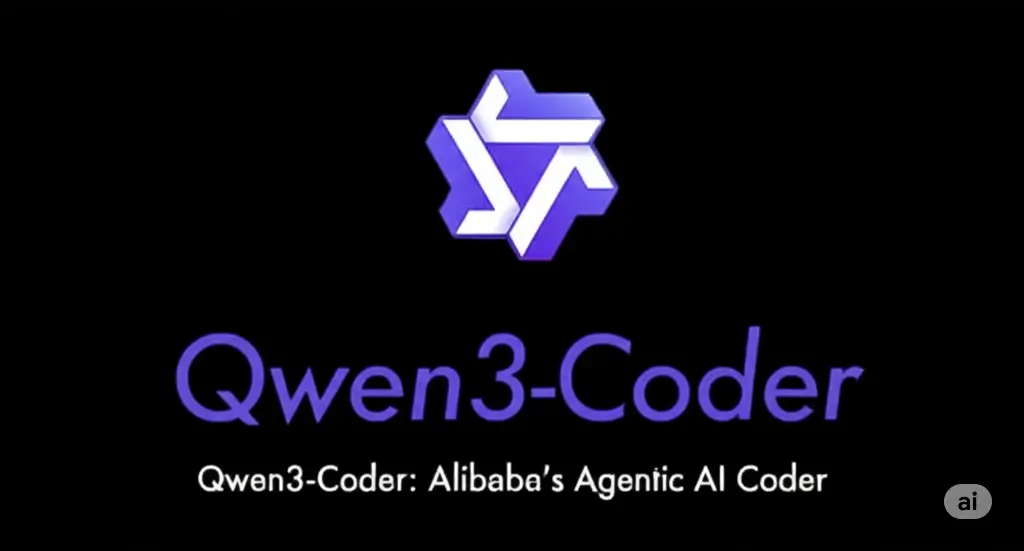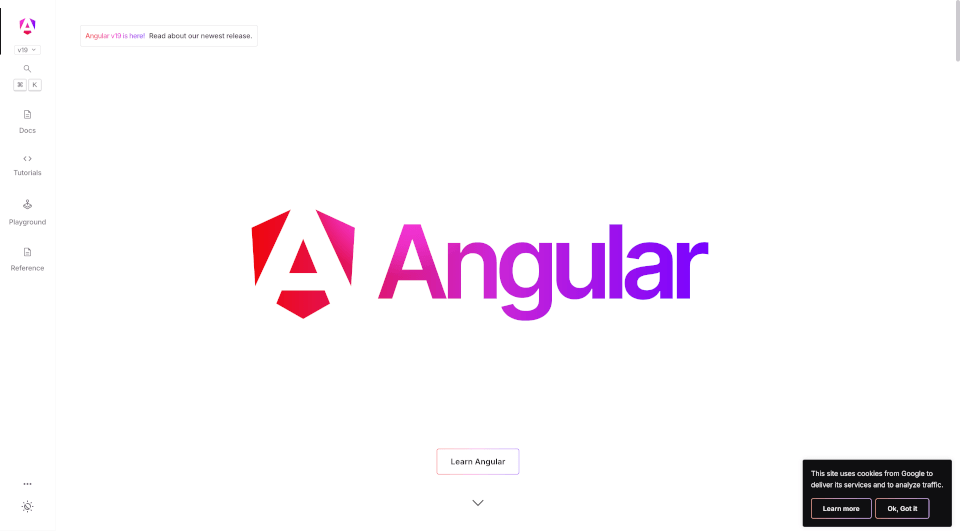Grape stands as an autonomous Python Integrated Development Environment (IDE) meticulously crafted to streamline coding tasks and boost productivity. Its innovative functionality revolves around interpreting natural language descriptions of tasks and seamlessly generating the corresponding code required to accomplish them.
Beyond mere code generation, Grape efficiently manages the installation of any necessary dependencies, ensuring smooth execution. Operating within a virtual environment, Grape provides an added layer of security and isolation from the host system.
This flexible IDE empowers developers to tackle a broad spectrum of tasks, ranging from game development to utilizing diverse APIs for data manipulation and even handling database management tasks like updating SQL databases with data sourced from Google Sheets.
Grape’s user interface is web-based, offering a novel approach to code generation that may foster accessibility for beginners or non-specialists while simultaneously accelerating the development process for seasoned programmers.
More details about Grape Codes
How does Grape work?
Grape operates by interpreting tasks articulated in natural language and then autonomously generates the requisite code to fulfill those tasks. Additionally, it manages the installation of any necessary dependencies crucial for executing the generated code.
Can I interact with APIs using Grape?
Absolutely. Grape facilitates interaction with APIs seamlessly. By describing the data, you wish to retrieve or the operations you intend to perform with the API, Grape generates the requisite Python code to execute your instructions.
Does Grape support interaction with SQL databases?
Certainly. Grape fully supports interaction with SQL databases. You can describe tasks such as updating the database with data sourced from a Google Sheet using natural language, and Grape will promptly generate the corresponding code to execute the specified actions.
How does Grape handle installation of dependencies?
Grape simplifies the process by automatically handling the installation of dependencies. This entails installing any third-party libraries or modules essential for the correct execution of your code.








